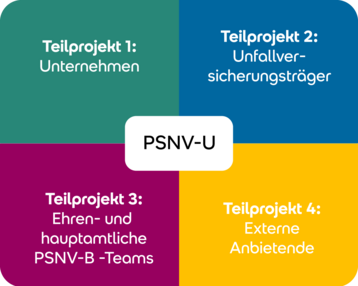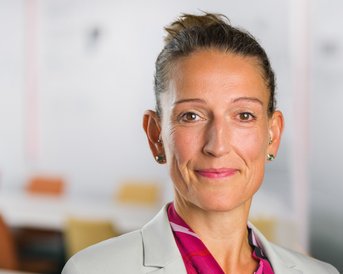
All about our research project "Psychosocial Emergency Care in Companies - An Inventory of Implementation in Germany".
All about our research project "Psychosocial Emergency Care in Companies - An Inventory of Implementation in Germany".


"There are many factors that influence mental health in the workplace. Particularly as a result of emergencies in the company, such as serious occupational accidents, medical emergencies or acts of violence, the mental stability of those affected may be at risk. In this case, it is advisable for companies to offer emergency psychosocial care."
- Prof. Dr. Sabine Rehmer (Project Manager & Applicant)
In the event of emergencies in the company, such as serious occupational accidents, medical emergencies or acts of violence, mental health risks can arise in addition to physical injuries. Beyond the acute severe stress, these can also lead to severe psychological and social impairments in the medium term and to psychological disorders, such as trauma sequelae, in the longer term. Companies can counteract the possible operational consequences - absences due to illness and even permanent incapacity to work - by preventing possible psychological and social impairments within the framework of psychosocial emergency care. Psychosocial emergency care in companies is the responsibility of the employer and ideally includes preventive measures, measures for acute care, measures in the first days and weeks after the emergency, and measures for reintegration. Affected employees are not only the injured persons themselves, but also colleagues who are involved in the emergency as first responders or eyewitnesses.
At present, it is not possible on the basis of the scientific literature and the current state of knowledge to make a well-founded statement about the models and procedures chosen by companies for the psychosocial emergency care of their employees. This is precisely where the research project funded by the DGUV comes in. On the one hand, it is intended to record and describe company implementations of psychosocial care after emergencies, and on the other hand, to identify company factors and measures that influence these positively or negatively. The aim of the project is to use the findings to provide advice to companies from accident insurance institutions (UVT).
The inventory is being carried out in four sub-projects - from the perspective of companies, accident insurance providers, voluntary PSNV-B teams and external providers. The results will be compiled at the end.

